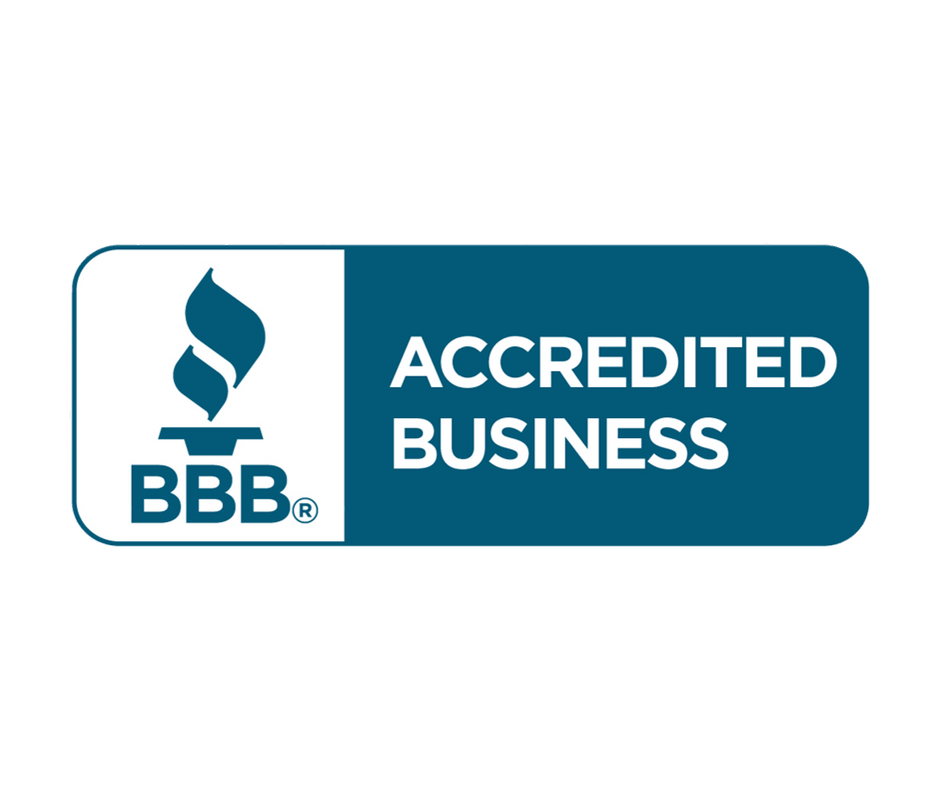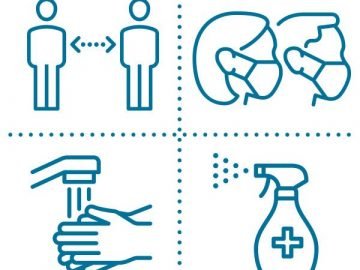First-time homeowner? What you need to look out for
First-time homeowner? What you need to look out for
Things to Consider
Being a first-time homeowner comes with a lot of responsibilities and decisions. While it’s an exciting time, it can also be quite stressful and even scary. When they get caught up in the excitement, it’s easy for first-time homeowners to make mistakes that can cost them later. Luckily, many of these first-time homeowner mistakes are avoidable. Here’s what you should look out for as a first-time homeowner.
Buying More Than You Can Afford

While you may have received a mortgage, you should never purchase a home that’s more than you can afford. Your mortgage lender will take your finances into account, but only you know what you can afford based on your needs and other expenses. Home prices are trending upwards, and it’s never a good idea to financially overextend yourself.
Buying more than you can afford can put you at the risk of foreclosure if you lose your job or have expenses you didn’t predict. It also gives you less room in your budget for bills and additional expenses and can make saving for other goals, such as retirement, difficult.
Instead of purchasing more than you can afford, focus on the monthly payment you can afford. Even though you might qualify for a loan of $500,000 doesn’t mean you can afford the monthly payments along with all of your other expenses.
Not Maintaining the Home

Whether you bought a turnkey house or a fixer-upper, you’ll always need to maintain your home and the appliances and systems within your home. Most sellers make repairs before they put their home on the market, so you’ll likely have appliances in decent shape upon moving in. However, everything in your home requires ongoing maintenance. Neglecting to do this maintenance, like having a technician regularly service your furnace, can result in damage and expensive repairs that could have been avoided.
Instead of waiting for appliances to break down, be proactive about completing routine maintenance on the items in your home so you can save money in the long run.
Not Having an Emergency Fund

Life happens, which is why you should always have an emergency fund for situations you can’t possibly predict. Ultimately, not being able to pay your bills because of a job loss or other financial situation means you could be facing foreclosure.
Most financial advisors recommend that you have an emergency fund that is equal to three to six months of your normal monthly living expenses. This may seem like a lot but when you are suddenly unemployed or faced with a medical emergency you will wish you had more.
Renovating Immediately

Purchasing and owning a home is exciting, so many people choose to renovate or remodel as soon as they move in. However, consider waiting to renovate so you can live in the house first and become better acquainted with it before you determine what you don’t like about it.
The changes you want to make in the future will likely be different from the changes you want to make as soon as you purchase the home. Waiting at least a year can help you prioritize your renovation plans and help you save money in the long run.
Not Budgeting for the House

There are many different costs involved in being a homeowner. While the most talked-about cost is the monthly mortgage payment, homeowners also have to pay for:
- Insurance
- Property taxes
- Utilities
- Homeowners Association (HOA) fees
- Tools and equipment for maintenance
- Services for maintenance, landscaping, and cleaning
- The cost of new furnishings
Make sure you create a budget to account for all of the new expenses that come with homeownership so you have enough to cover these costs.
Not Having Homeowners Insurance

While it is legally possible to own a home without having homeowners insurance, your mortgage lender will typically require it. Without coverage, homeowners are at a higher risk of defaulting on the loan if there’s a fire, natural disaster, or any other event out of their control because the homeowner would be required to pay for any major damages to rebuild the house out of pocket, making paying off a mortgage incredibly difficult.
Homeowners insurance not only protects your mortgage lender, but it also protects the homeowner. You can’t predict when disaster will strike, but you can be prepared for it. Instead of having to pay for major damages yourself, your insurance company will pay for a portion of it so you can continue to pay all of your bills on time and feel less financial and emotional strain.
Forgoing a Home Warranty

Mortgage lenders don’t make homeowners buy a home warranty, so you’ll never be required to purchase a plan. However, home warranties cover many things your home insurance doesn’t. While home insurance will cover the cost of damages caused by unforeseen, catastrophic events like fires and water damage, home warranties cover repairs that are due to normal wear and tear of appliances and systems like your HVAC.
Without a home warranty, homeowners will be left to pay out of pocket for properly maintained appliances when they stop working. Instead, you can ensure you’re covered with a home warranty plan that includes everything from your plumbing to the dishwasher. Home warranty companies like Super offer a subscription-based home warranty plan that helps you coordinate many of your home maintenance and repair needs.
Avoiding New Homeowner Mistakes
Most problems you encounter as a new homeowner can be avoided. As you continue to learn about your responsibilities as a homeowner, make sure you’re covered by a top-rated home warranty company no matter what so you can protect your finances and stay stress-free.

Article Writen By Marné Amoguis
Marné Amoguis holds a B.A. in International Business from UC San Diego. She is a contributing writer at 365businesstips.com where she loves sharing her passion for digital marketing. Outside of writing, she loves traveling, playing music, and hiking.
Brought to You by OutFactors
This information is provided by OutFactors, a home cash buyer. At OutFactors, we buy houses as-is for cash and close quickly. To get a great cash offer on your home, you just need to enter your address and answer a few simple questions about your house. The entire process only takes about 2 minutes, and personal information is NOT required. Yes, that is correct! No registration, no telephone number, no email address – not even your name.
If you get started now, 10 days later, you can be sitting at a table signing the closing documents and collecting the cash for your house. So get your cash offer now!
OutFactors
539 West Commerce Street
Suite 1205
Dallas, Texas 75208
Contact@OutFactors.com
(800) 420-7030
First-Time Homeowner | Avoid Common Mistakes | OutFactors – Dallas Fort Worth, Texas





